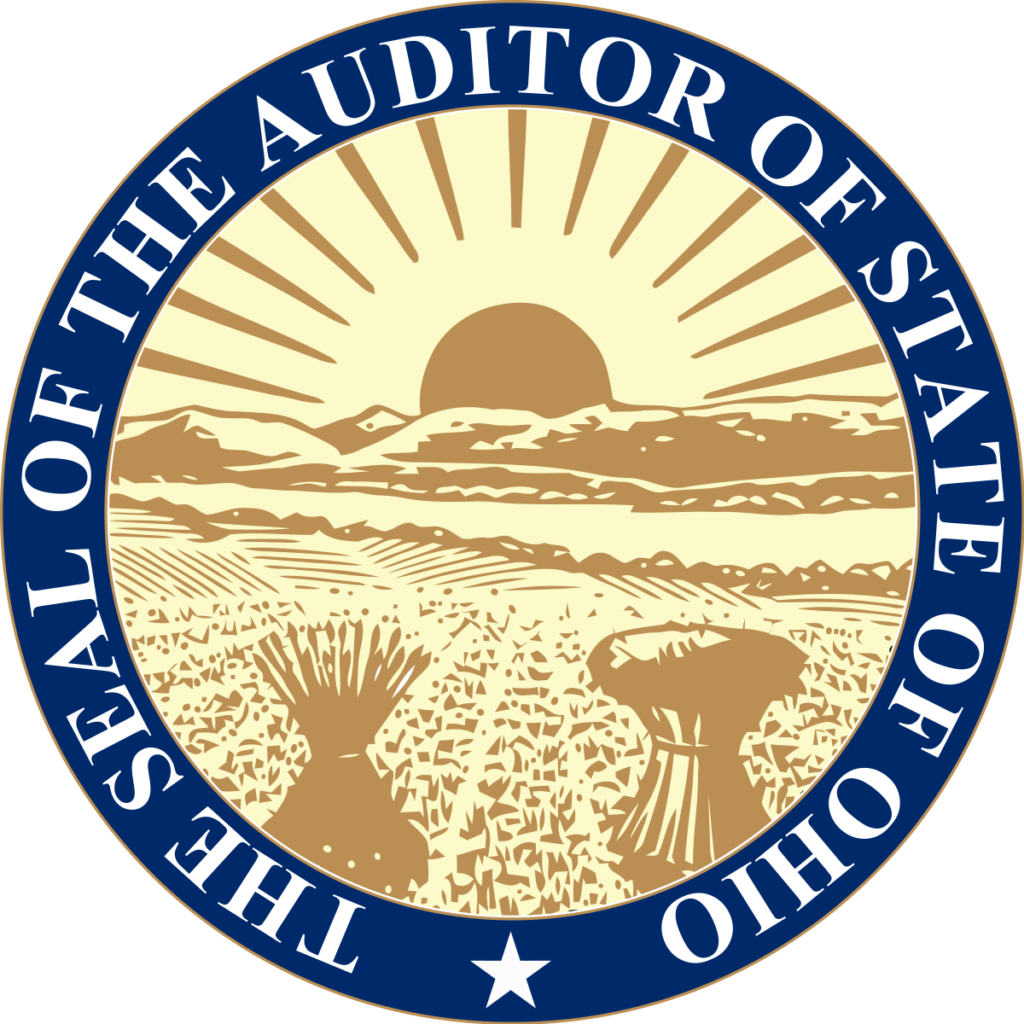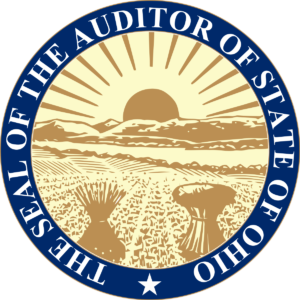State Auditor Releases 2017 Findings


COLUMBUS, Ohio – State auditors issued 321 public records-related citations to 267 public entities in calendar year 2017 – a 22 percent drop in citations from the prior year, Auditor of State Dave Yost announced today as part of Sunshine Week, a nationwide initiative designed to raise awareness of the importance of open government and public records.
Locally, there were a few findings from the audits.
- Meigs County – The Engineer and Coroner did not attend the required training during their terms nor did they designate someone to attend on their behalf. The Commissioners designated the grant coordinator but did not document this in the minutes. The County Commissioners recently moved to corrected the matter and officially designated Betsy Entshmier to attend and it was reflected in the official records.
- Salisbury Township – The township did not have a records retention police nor a records retention schedule available to the public.
- Letart Township – The township did not have a records policy in place or a records retention policy.
- Meigs County Library District – No public records policy.
In all, about 5.5 percent of the 4,803 financial audits issued in 2017 included citations for noncompliance with public records-related requirements. The prior year, 8 percent of the 4,446 audits released included noncompliance citations.
The majority of citations stemmed from officials neglecting to attend state-required public records trainings, entities lacking public records policies or a failure to make the policy readily available to employees and the general public. Auditors routinely review public records practices during audits.
In 2016, there were 414 citations issued to 357 entities by state auditors for public records-related matters, meaning citations decreased by more than 22 percent in 2017.
“I can understand a bookkeeping error – mistakes happen,” Auditor Yost said. “But there’s no justification for violating the clear law of public records.”
“Message to public officials: These are not your records. Do whatever it takes to comply with this law: Put up a sign. Post it on social media,” Yost said. “These are public records, and it is the law.”
While townships represented 13.7 percent of the 4,803 reports released in 2017, they represented 27.4 percent of the public record citations. Similarly, villages represented 7.8 percent of reports, but were responsible for 29.2 percent of citations. The entities most cited:
Townships – 13.7 percent of all reports released; 27 percent of all entities cited
Villages – 7.8 percent of all reports released; 29 percent of all entities cited
Police/Fire/EMS & Ambulance districts – 1.4 percent of all reports released; 7 percent of all entities cited
Cities – 6 percent of all reports released; 6.5 percent of all entities cited
School Districts – 16.7 percent of all reports released; 5 percent of all entities cited
Counties – 2 percent of all reports released; 4.7 percent of all entities cited
Community Schools – 7.6 percent of all reports released; 4 percent of all entities cited
Both the Ohio Auditor’s office and the Office of the Ohio Attorney General offer public records trainings to public employees. More information about compliance requirements for Ohio’s public records laws is included in Auditor of State Bulletin 2011-006.
A spreadsheet of all public records citations from 2017 is available here.
Sunshine Week runs from March 11-17 and occurs every mid-March, coinciding with the National Freedom of Information Day on March 16.
Auditor’s Checklist for Public Records Compliance
The following is a checklist of the documentation required to prove compliance with the provisions enforced by the AOS:
• The elected official or his/her designee attended a three-hour certified Public Records Training for each term of office;
• If a designee has attended the training on behalf of the elected official, the designee is an employee in the elected official’s office;
• If the training was attended by a designee, there must be documentation of such designation;
• The attendee should retain documentation of attendance.
• The public office has adopted a public records policy;
• The public office’s public records policy does not:
1. limit the number of public records it will make available to a single person;
2. limit the number of public records it will make available during a fixed period of time; or
3. establish a fixed period of time before it will respond to a request for inspection/copying of public records unless that period is less than eight hours.
• The public office’s records custodian/manager or employee who otherwise has custody of the records of the office acknowledged receipt of the public records policy in writing;
• The public office created a poster that describes the public records policy of the office; and
• The public office’s public records policy is included in the employee handbook or manual (if a handbook or manual exists).
The Auditor of State’s office, one of five independently elected statewide offices in Ohio, is responsible for auditing more than 5,900 state and local government agencies. Under the direction of Auditor Dave Yost, the office also provides financial services to local governments, investigates and prevents fraud in public agencies and promotes transparency in government.









